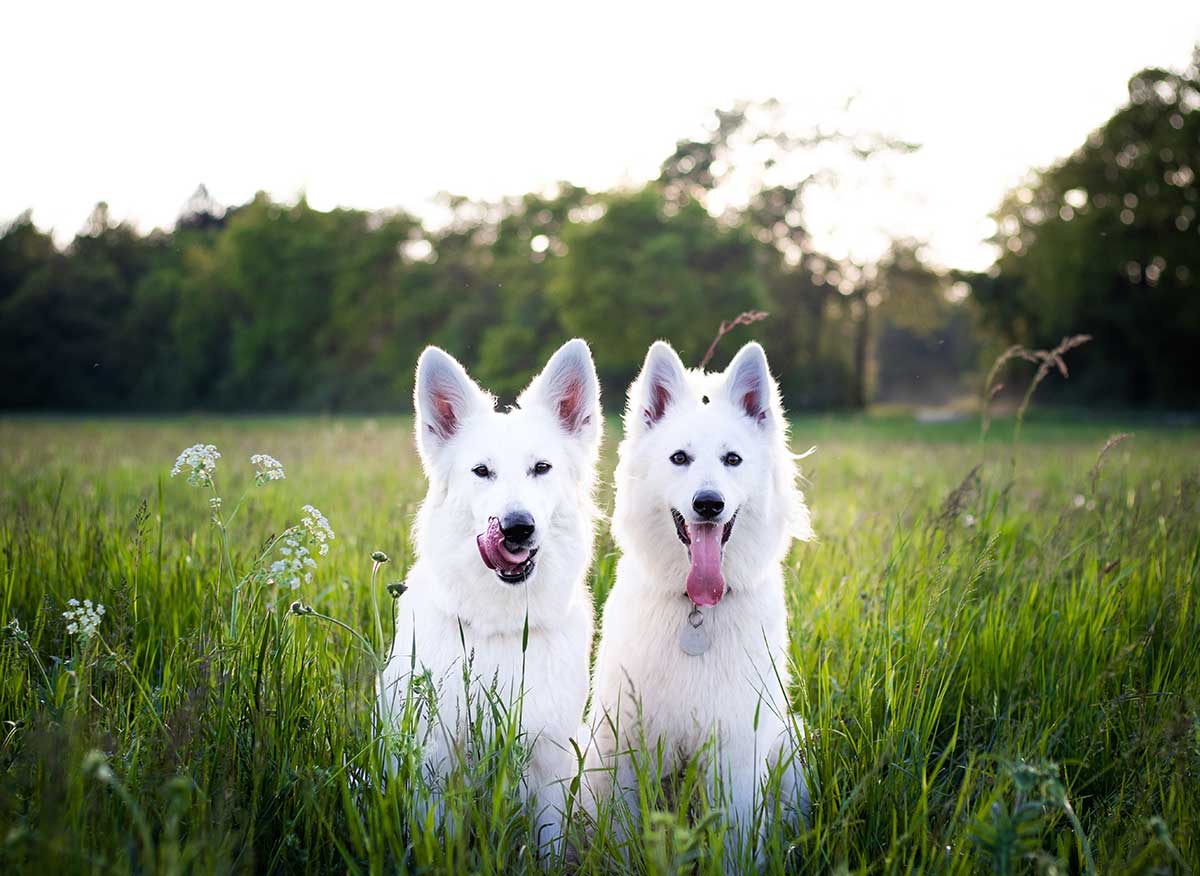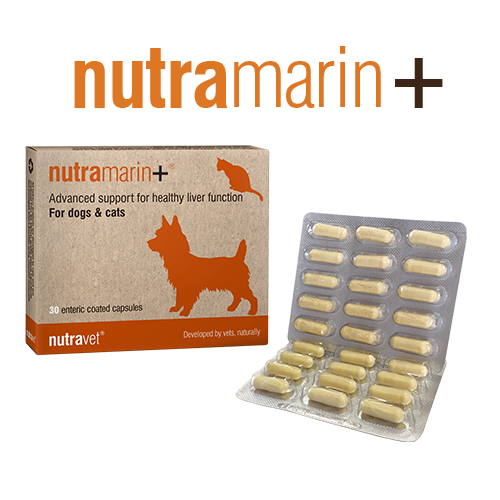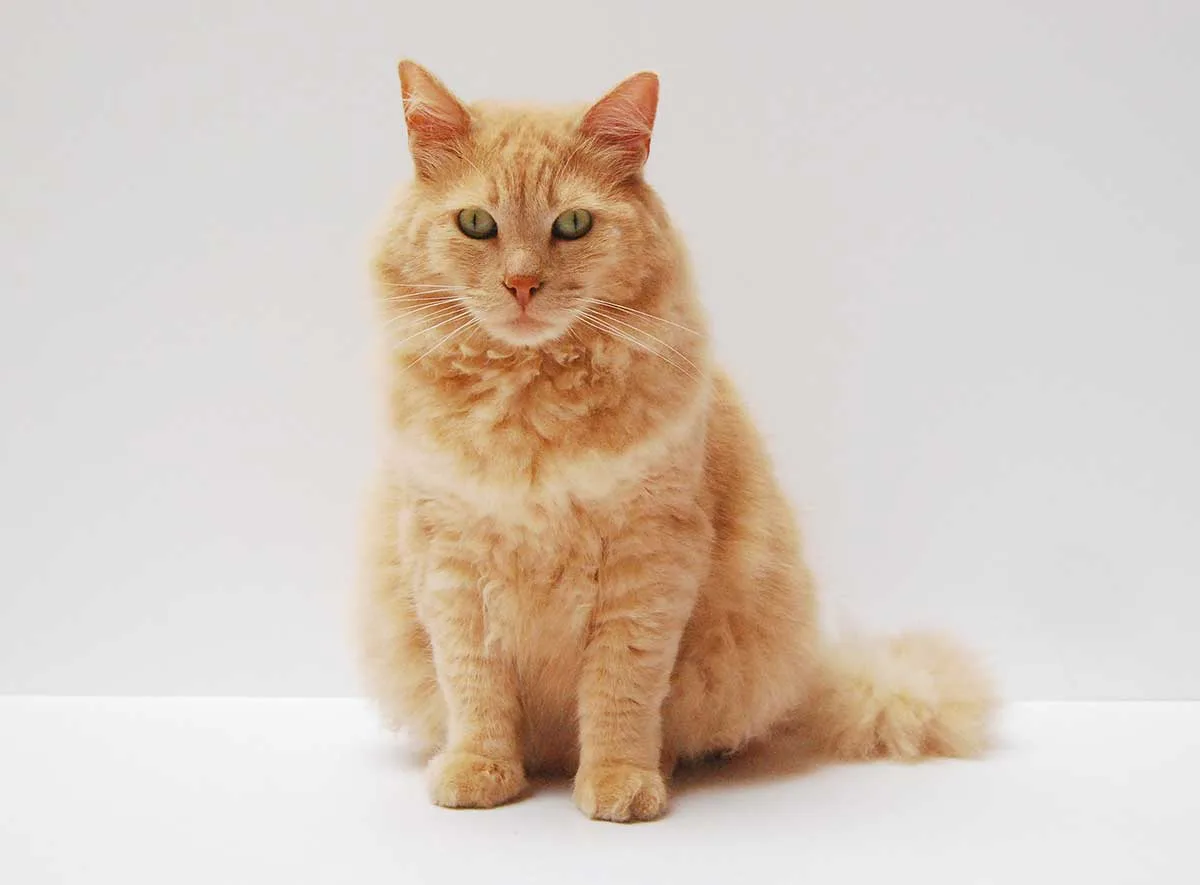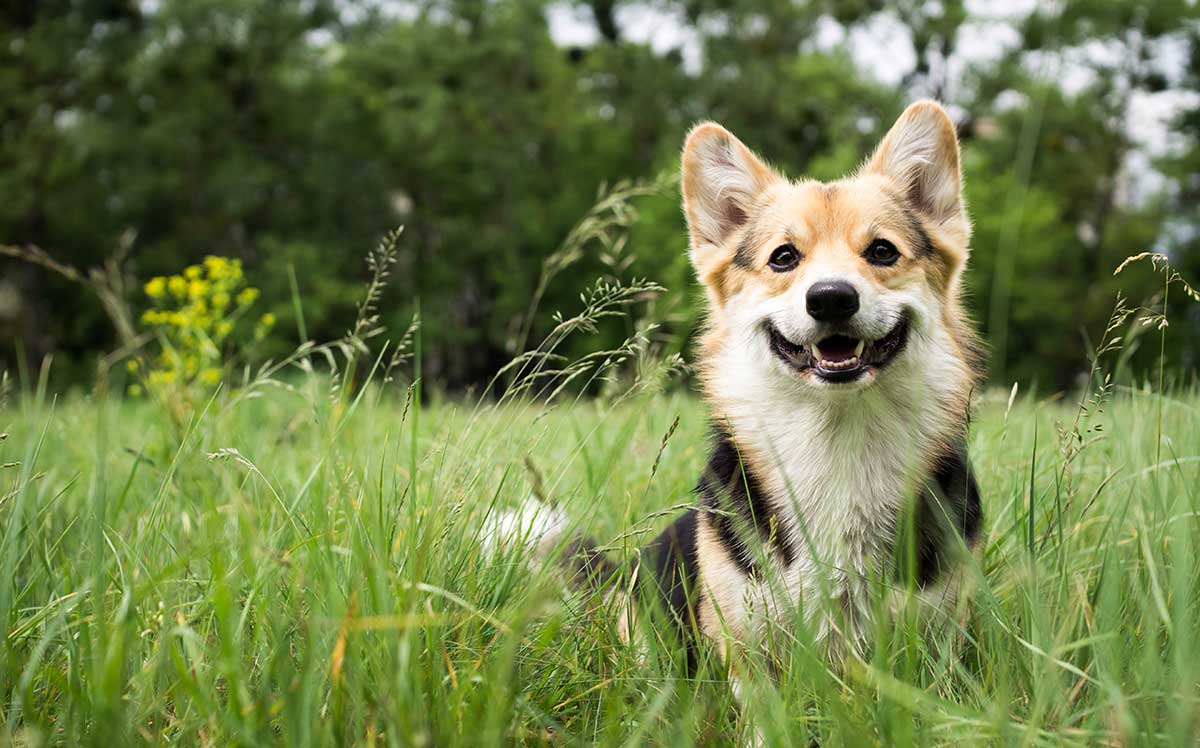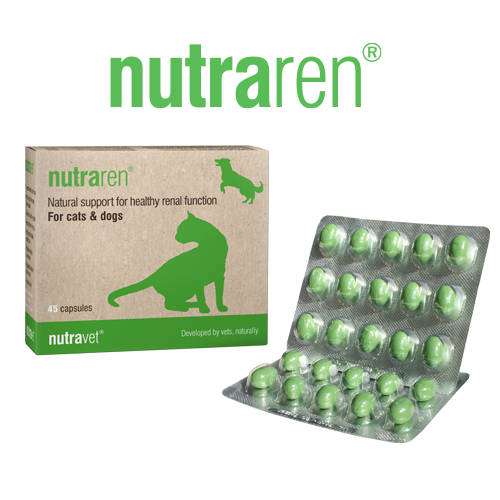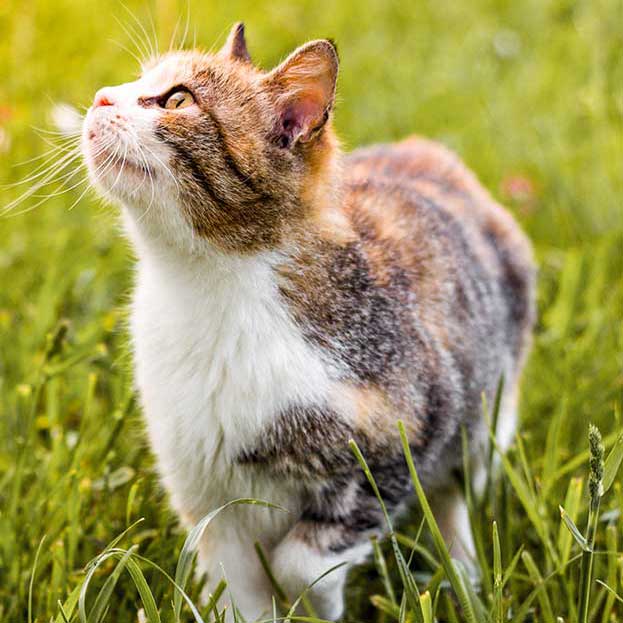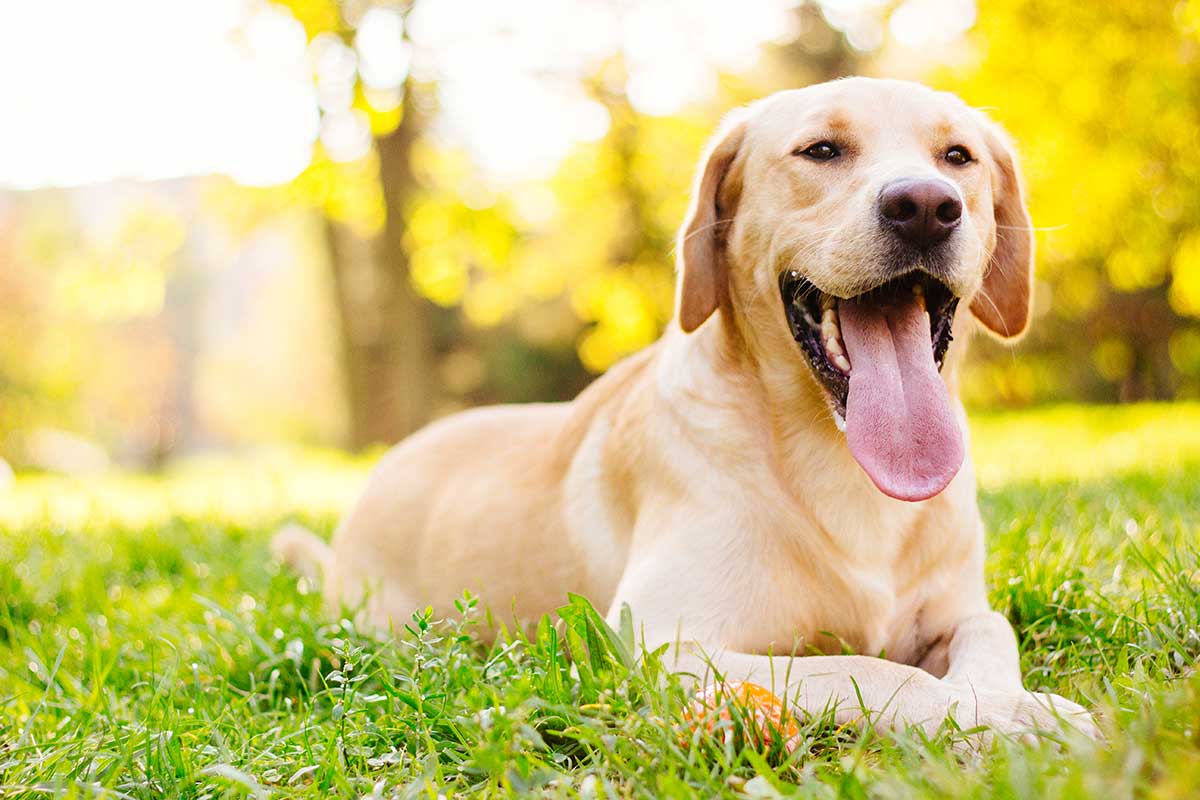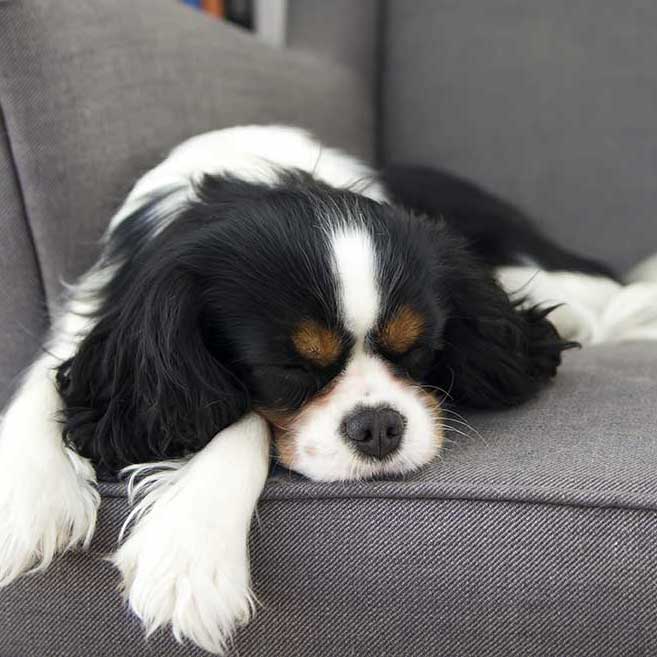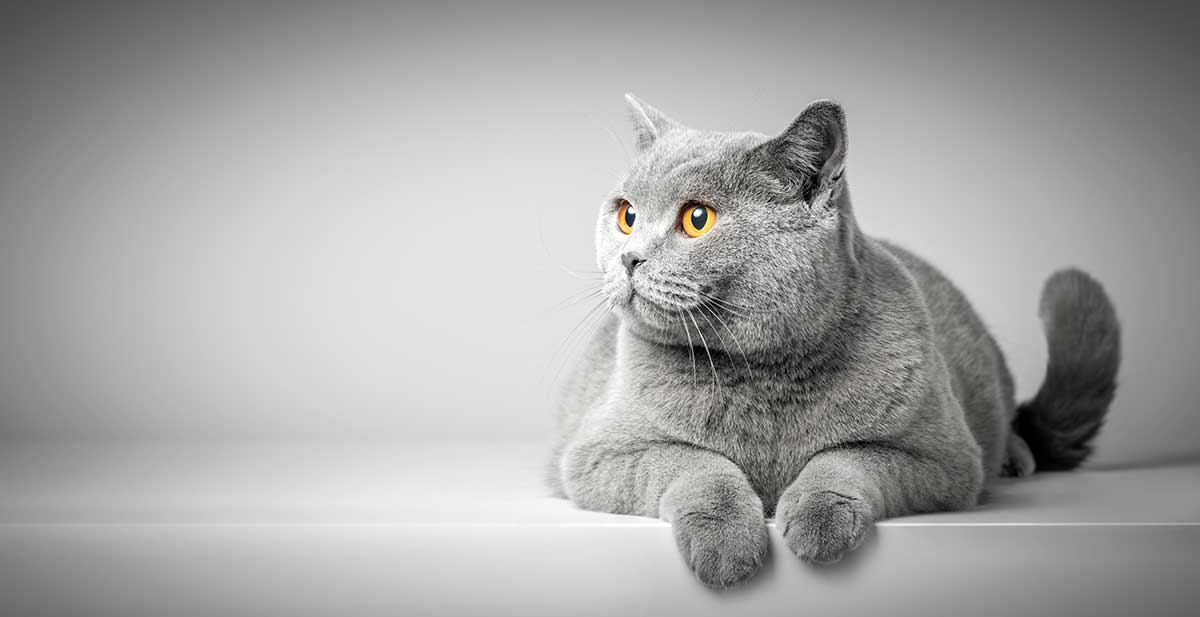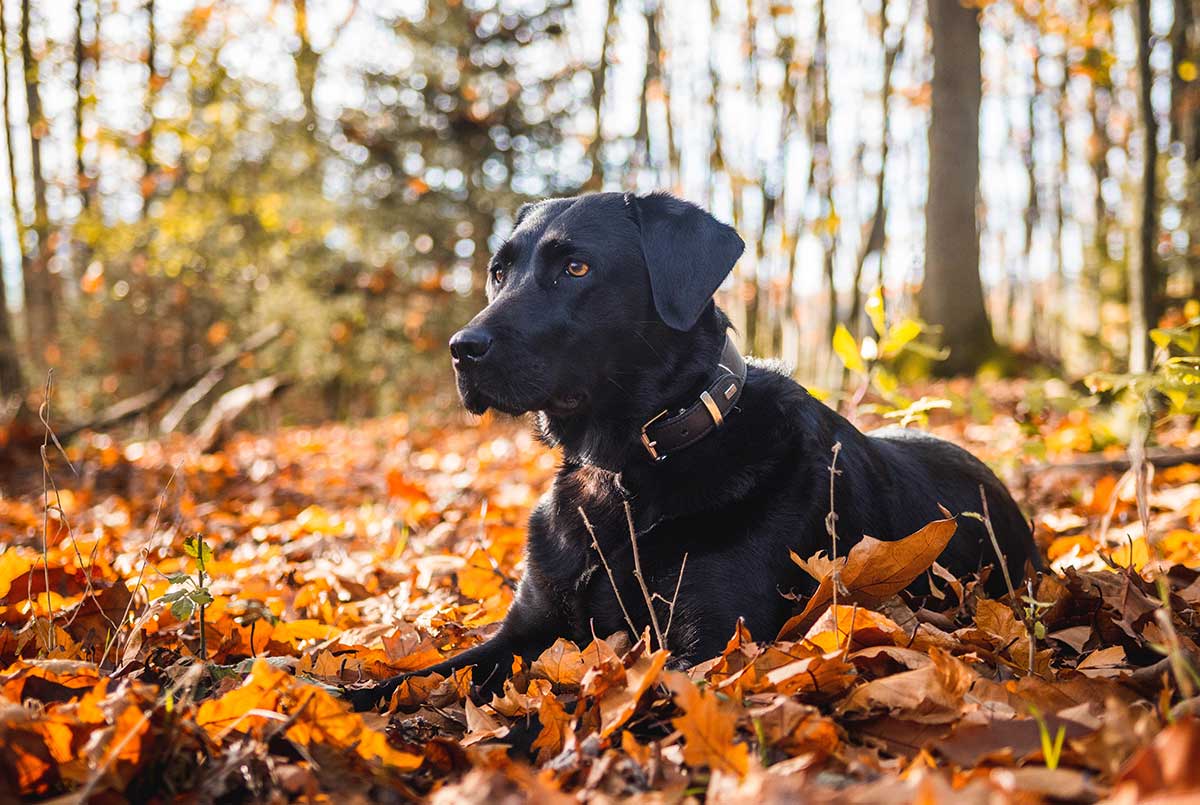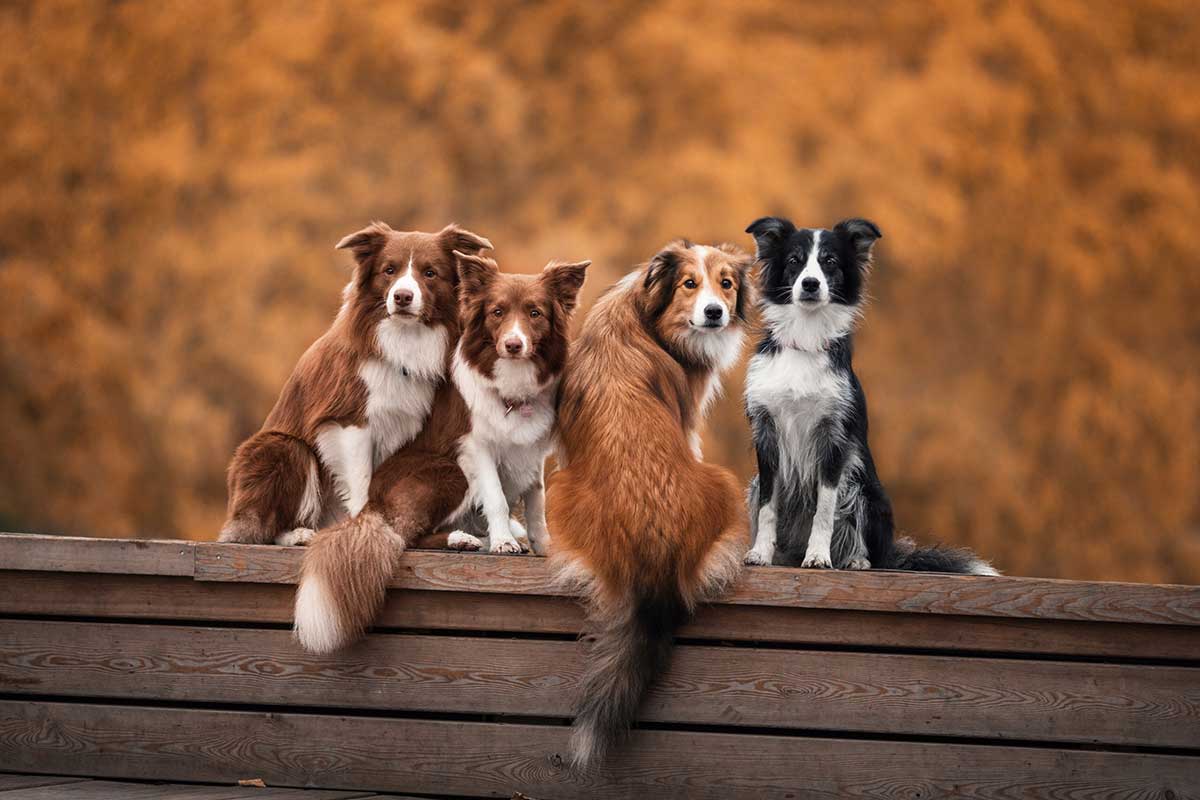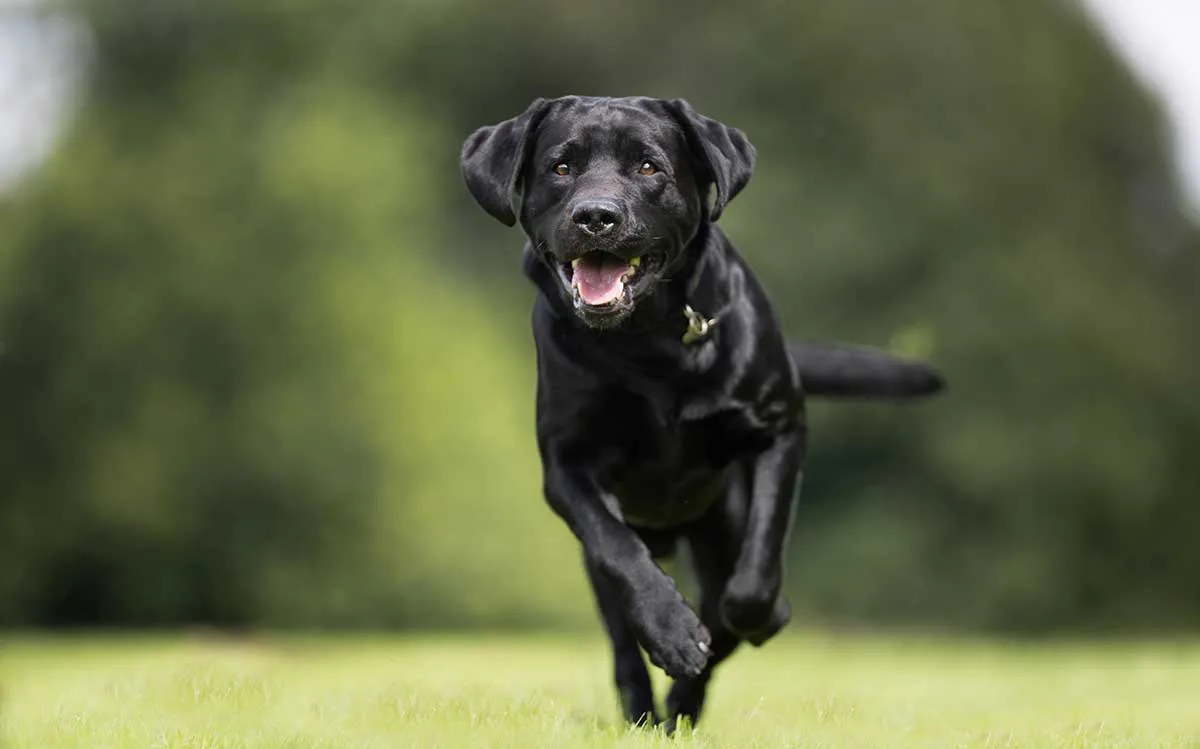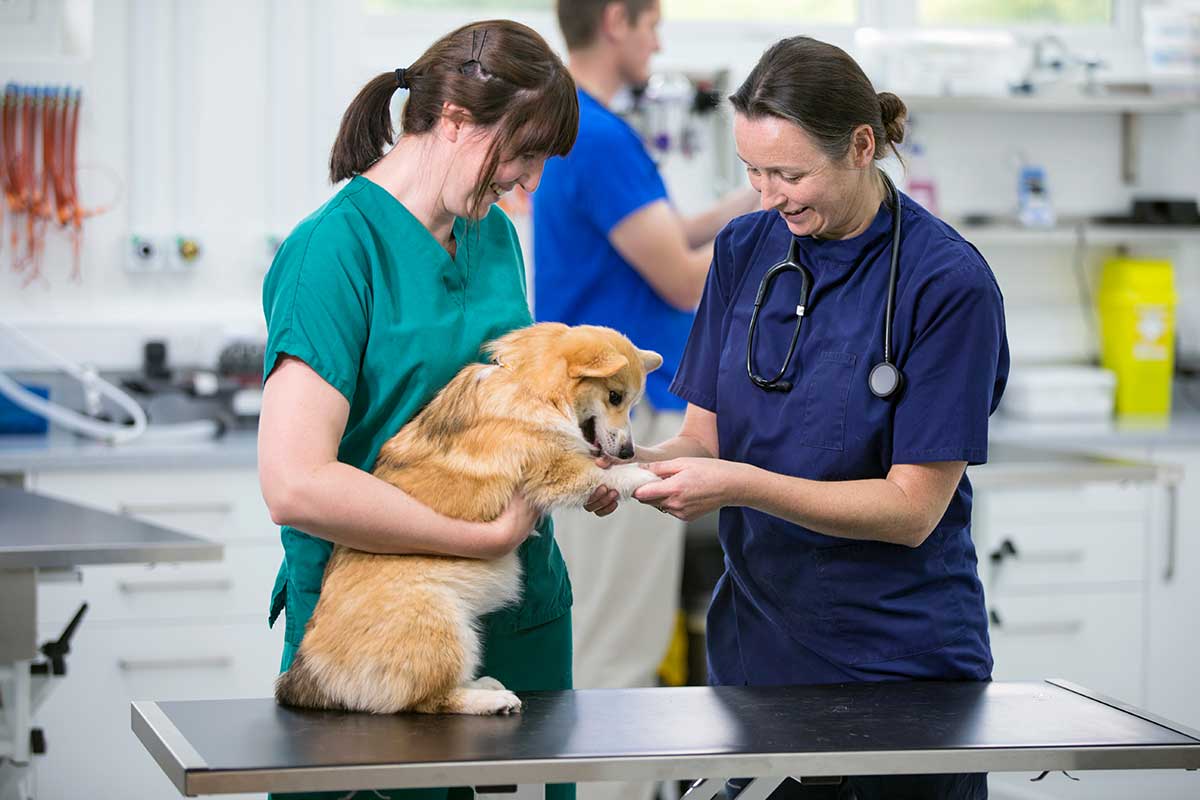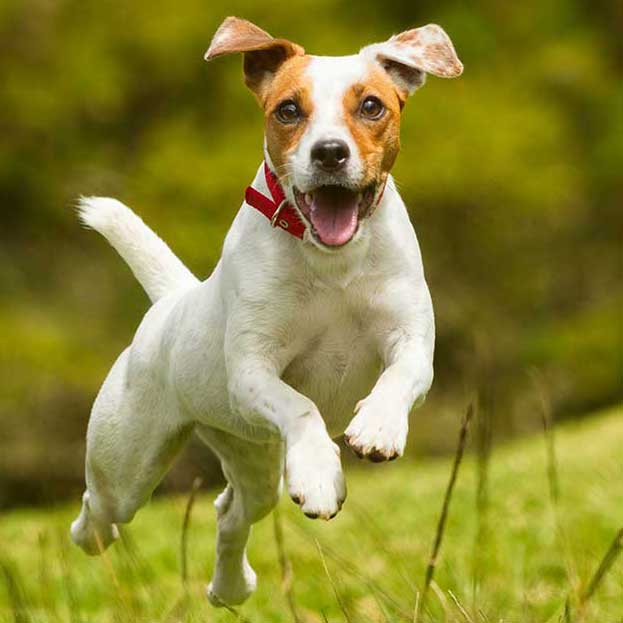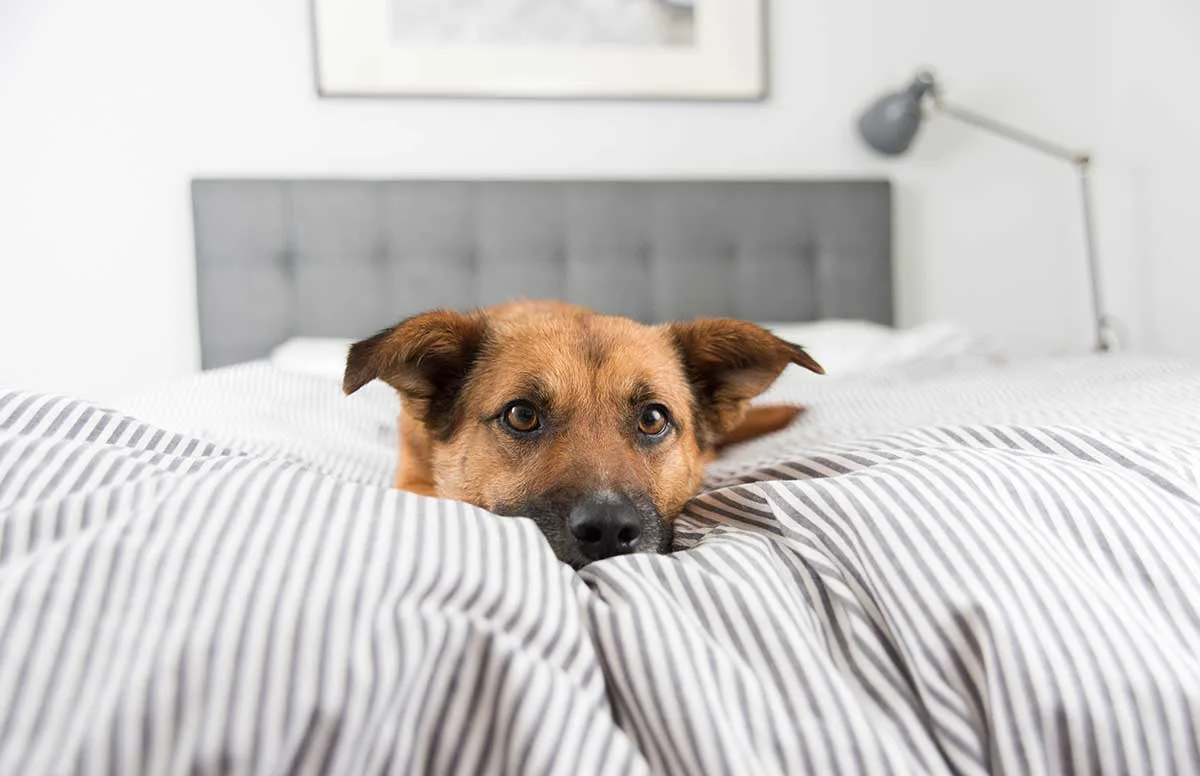
Dog depression can be a common reason for pet owners to visit the vets. There are a number of factors that can impact your dog’s mood and behaviour, such as changes to their routine, environment or even fears and phobias.
Dog depression symptoms can be very similar to those in people. Some common signs of depression in dogs can include:
- Withdrawn – they may be less enthusiastic for exercise of joining in with things they enjoy
- Lethargic – your dog may sleep more than usual
- Loss of appetite – they may lose interest in food or not be eating as much as normal
- Unable to settle – your dog may appear restless, not sleeping well or as deeply as normal.
If you are worried about changes in your dog’s behaviour, it is important you consult your vet, as these changes may be a result of a health problem.
Reasons your dog may be depressed
The two most common triggers of dog depression are the loss of a companion animal or the loss of their owner. However, there are a number of other reasons your dog could be depressed or sad which include:
Changes to their environment
Dogs like routines and are the happiest when they feel confident and safe in their environment. Dramatic changes in the home, such as building work or renovations, or even reorganising rooms could leave your pooch feeling anxious.
Changes in the family
Most dogs bond very strongly with their family, including all members, pets and humans alike. Changes to the family dynamic, such as divorce, bereavement (animal and human), or children leaving home could lead to your dog being depressed. Dogs don’t understand where their furry friend or their best human friend has gone.
However, it’s not just grief that can affect your dog’s mood. If you are not at home as much anymore, maybe you’ve returned to work after a long absence or the kids are going back to school, this could also affect your dog’s mood. Separation anxiety in dogs is a common problem.
Seasonal affective disorder (SAD)
SAD not only affects humans, like their owners, in winter months, dogs can also develop some form of seasonal affective disorder. Through winter, especially during long, cold and wet days, it can be hard to give your dog the exercise they need and lack or exercise or activity could lead to boredom and mood changes in your dog. Not being able to do things they are used to or are bred to do can result in behaviour problems which may present themselves as symptoms of dog depression.
Illness
Sometimes dog depression may not be caused by any mental or emotional issues. It could be down to a physical cause, such as pain or illness. Be sure to speak to your vet if you are worried about your dog, they will be able to check for any underlying health problems and are best placed to offer advice.
Personality
All dogs are different, and some are just bouncier and happier by nature than others. If your dog seems quieter and more withdrawn, it may just be down to their nature and breed. Do some research on your dog’s breed to find out what things they may enjoy and how you can enhance their life and mood.
How to help your depressed dog
Once you identify and understand the reason for your dog’s mood change, you can start to look for ways to help improve it. Give them plenty of attention and TLC and use lots of fun ways to distract them from the reason they may be feeling depressed or sad.
If your dog doesn’t seem to snap out of their low mood, be sure to speak to your vet. They will be able to offer advice on further treatment if necessary and offer some behavioural techniques depending on your situation.
Natural supplements for dog depression
If your dog is feeling overly anxious or stressed in certain situations, consider using Nutracalm, which is recommended by thousands of vets throughout the UK and Ireland. Nutracalm has been specially formulated by vets to calm anxious pets and to reduce unwanted or unruly behaviour in dogs and cats. It can also be used alongside behaviour techniques as recommended by your vet.
Nutramind provides high strength nutritional support for healthy brain function in dogs and cats. It includes the key nutrients for supporting cognitive function in ageing pets whilst benefiting younger pets in training and learning.
